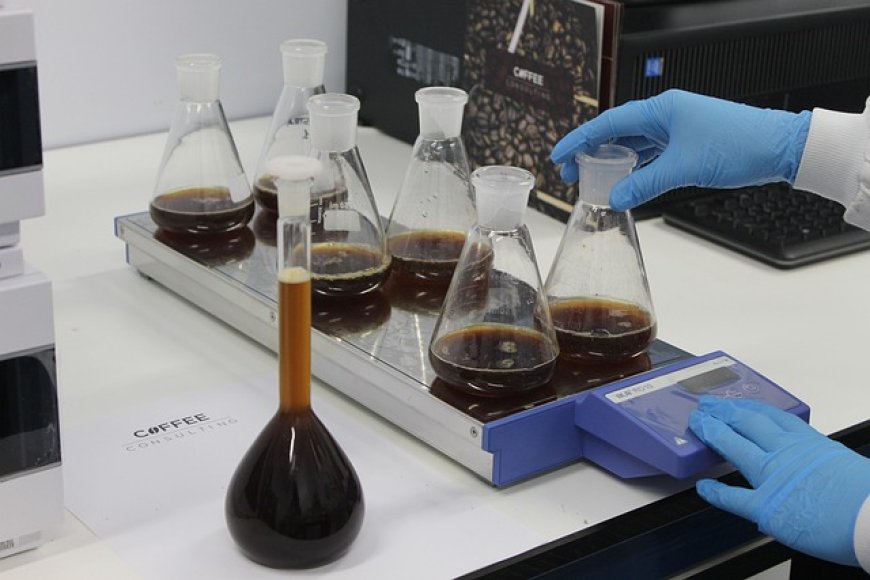Why Practical Lessons Are Essential for Science Students
Science subjects are not only about learning facts and theories from books. They also require students to do practical experiments and activities that help them understand and apply the scientific concepts.

Science subjects are not only about learning facts and theories from books. They also require students to do practical experiments and activities that help them understand and apply the scientific concepts. In fact, the UNEB examinations have a practical paper for each of the science subjects except math. Therefore, it is important for every school to have well-equipped science and computer laboratories where teachers can conduct practical lessons. Here are some of the benefits of practical lessons for science students:
- Enhance comprehension: Some students may find it hard to grasp the stuff that is taught in class due to various reasons, such as different learning styles, a lack of interest, or poor teaching methods. Practical lessons can help them overcome these challenges by allowing them to interact with the things they were taught in class. For example, seeing how a chemical reaction occurs or how a circuit works can make it easier for them to understand the underlying principles and processes.
- Boost memory: Students have a lot of things to read and memorise, which can be overwhelming and exhausting. Some of the methods they use to remember include making notes, using mnemonics, or repeating aloud. However, these methods may not be very effective or enjoyable. Practical lessons can help them remember what they have learned better because they involve doing and experiencing rather than just reading or listening. For instance, performing a dissection or building a model can create a lasting impression in their minds.
- Foster creativity: Science is not only about following rules and procedures. It is also about discovering new things and solving problems through experimentation and innovation. Practical lessons can stimulate students’ creativity by exposing them to different equipment and materials that they can use to explore and create. For example, using a microscope or a computer programme can open their minds to new possibilities and perspectives.
- Promote teamwork: Practical lessons often involve working in groups on certain projects or tasks. This can help students learn to cooperate and communicate with others, as well as share their ideas and opinions. Working in groups can also enhance their learning outcomes, as they can think out loud, argue constructively, and teach one another. Teamwork skills are not only useful for academic excellence but also for future careers and lives.
- Improve performance: Practical lessons can improve students’ performance in science subjects, both in terms of grades and interest. Many students perform better in practical papers than theory papers, even if they are not good in those subjects. This is because practical papers test their skills and abilities rather than their knowledge and memory. Moreover, many students develop a liking for science subjects after attending practical lessons, as they find them more fun and engaging than theoretical lessons.
In conclusion, practical lessons are an integral part of science education, as they offer many advantages for students’ learning and development. They can help students comprehend, remember, create, collaborate, and perform better in science subjects. Therefore, every school should invest in providing adequate facilities and resources for practical lessons, and every teacher should make effective use of them.
What's Your Reaction?























![Apple Pencil vs. Magic Keyboard [Student-Focused Review]](https://eduxpdf.com/uploads/images/202404/image_430x256_662234ec7da13.webp)











![Apple Pencil vs. Magic Keyboard [Student-Focused Review]](https://eduxpdf.com/uploads/images/202404/image_140x98_662234ecd597a.webp)




